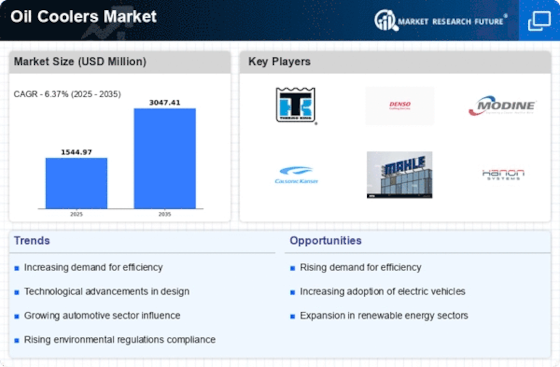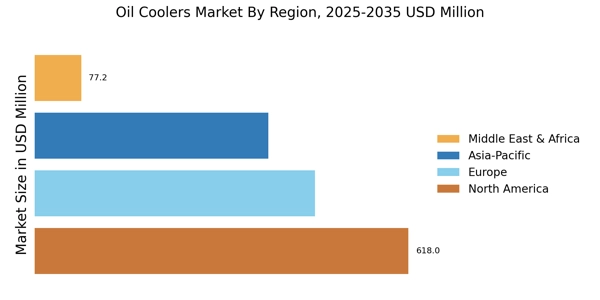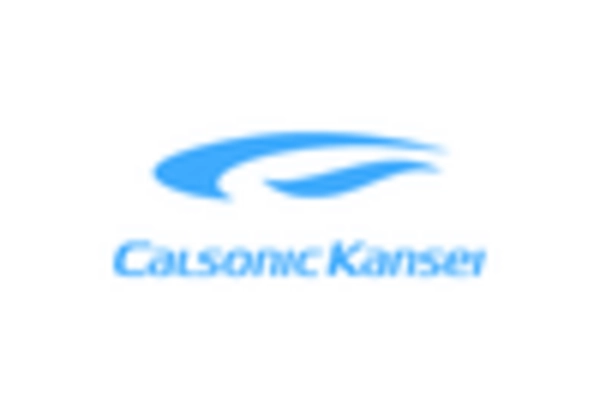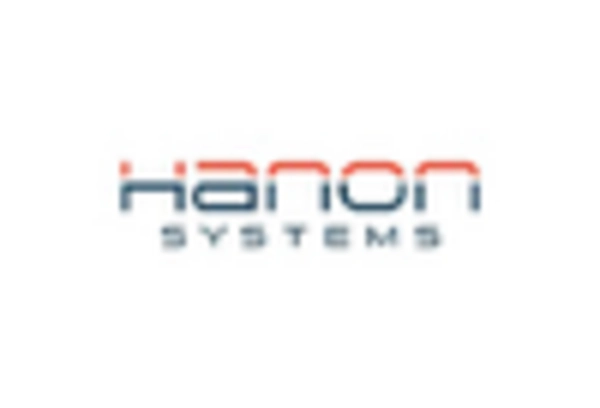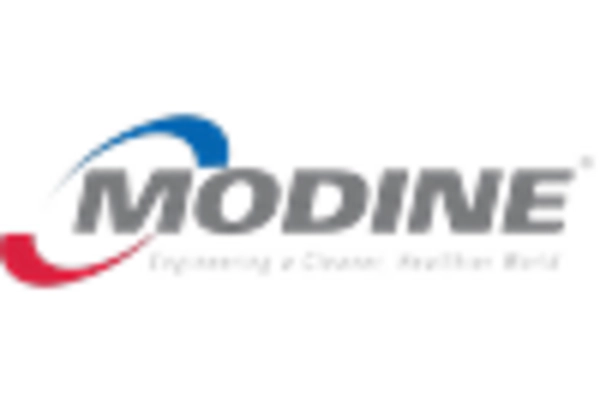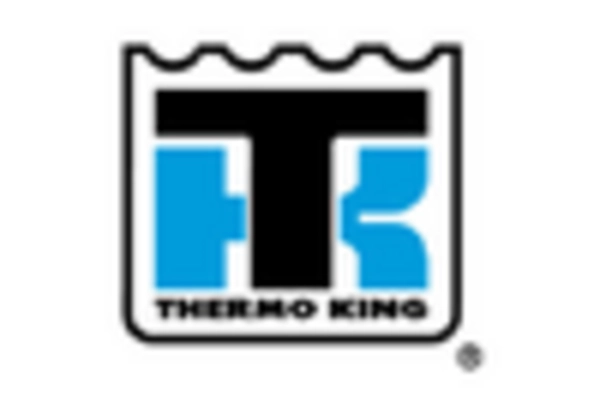The Oil Coolers Market is characterized by the presence of many regional and local players. The market is competitive, with all the players continually competing to gain a larger market share. They strive to differentiate themselves through factors such as product quality, innovation, technical expertise, customer service, and competitive pricing. To stay competitive, market players engage in various strategies, including new product launches, partnerships, mergers and acquisitions, and expansion into new markets. They invest in research and development to enhance product performance, improve efficiency, and meet evolving customer demands.Moreover, players focus on building strong distribution networks and establishing long-term relationships with customers to ensure a steady market presence.The demand for oil coolers is increasing substantially from the industrial and marine industry. Oil coolers play a crucial role in industrial machinery, such as hydraulic power units, compressors, gearboxes, and hydraulic presses. These machines generate significant heat during operation, and oil coolers help dissipate the heat, ensuring the proper functioning and longevity of the equipment. They help maintain stable oil temperatures and prevent oil degradation.Thus, the growing infrastructure development projects, such as construction of roads, bridges, railways, airports, and power plants, require a wide range of industrial machinery and equipment which in turn is anticipated to drive the demand for oil coolers used in these machineries.The growth of the vendors is dependent on market conditions, government support, and industrial development. Thus, the vendors should focus on expanding their presence and improving their services. AKG Group, Thermex, EJ Bowman, and NRF are some of the players operating in the global market. These companies compete in terms of availability, quality, price, and technology. They consider product development and expansion as their key strategy in the Oil Coolers Market.
Oil Coolers Industry Developments
January 2022: TitanX and ECS have formed a partnership in the realm of cleaner transportation. ECS, a provider of spare parts solutions for various industrial sectors, will benefit from this collaboration by expanding its range of products and enhancing its business prospects. The global presence and expertise of TitanX will play a significant role in enabling ECS to achieve these objectives.February 2021: Koyorad announced the launch of their latest product, the "FC" style crossflow oil cooler. This innovative all-aluminum oil cooler features a distinctive 23" x 4" size and shape, making it ideal for center placement on a variety of modern cars. The design allows for easy installation above or below the radiator or intercooler, providing greater flexibility and compatibility.January 2021: TitanX has made an announcement regarding its intention to broaden its scope of operations in collaboration with its parent company, Tata AutoComp. The goal is to evolve into a comprehensive thermal management service provider.


